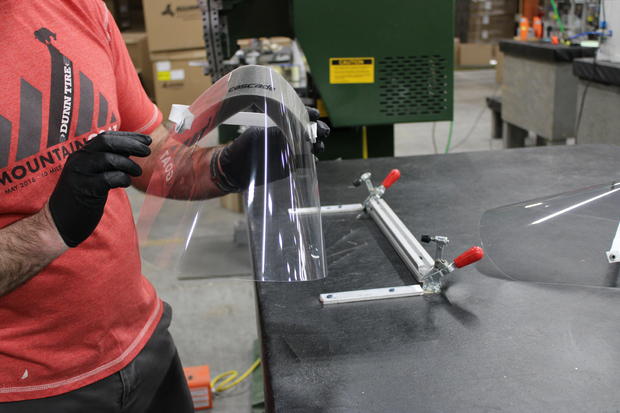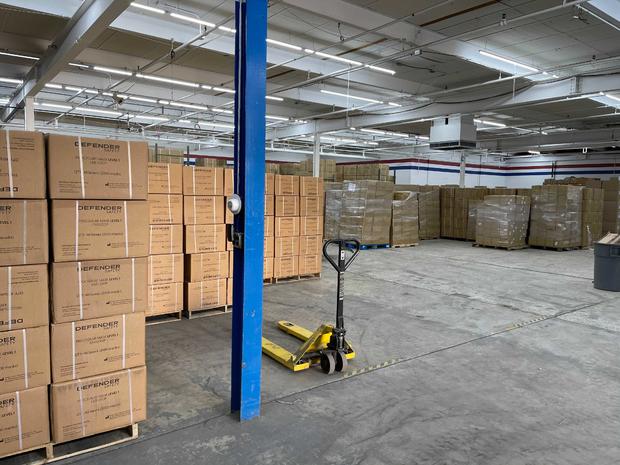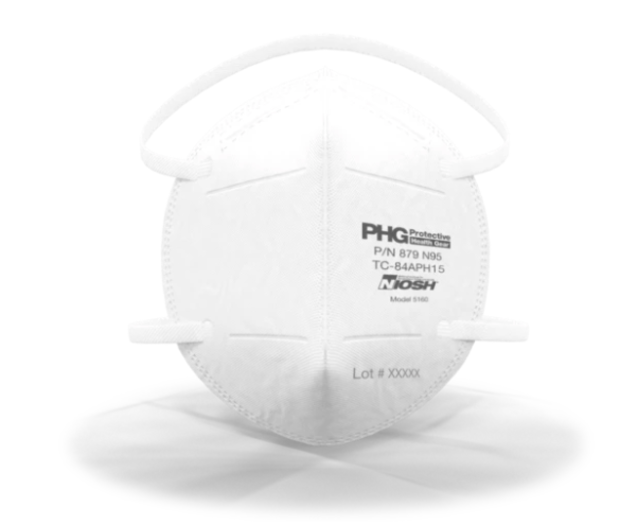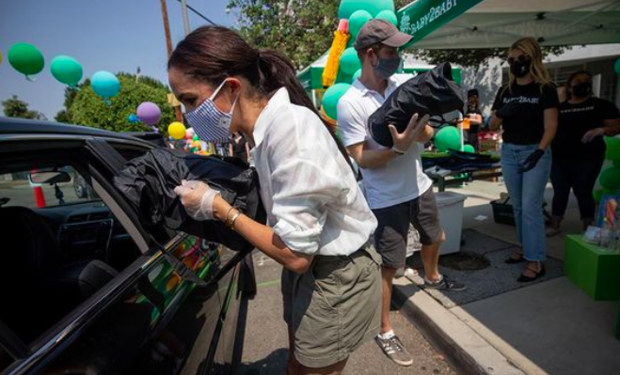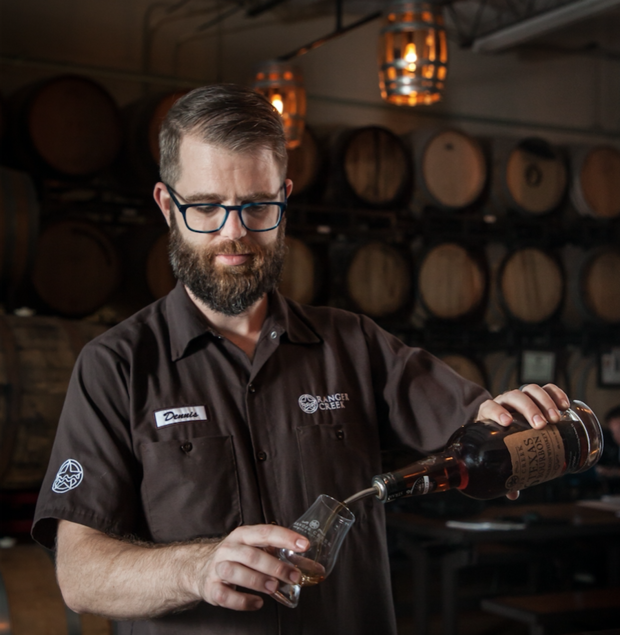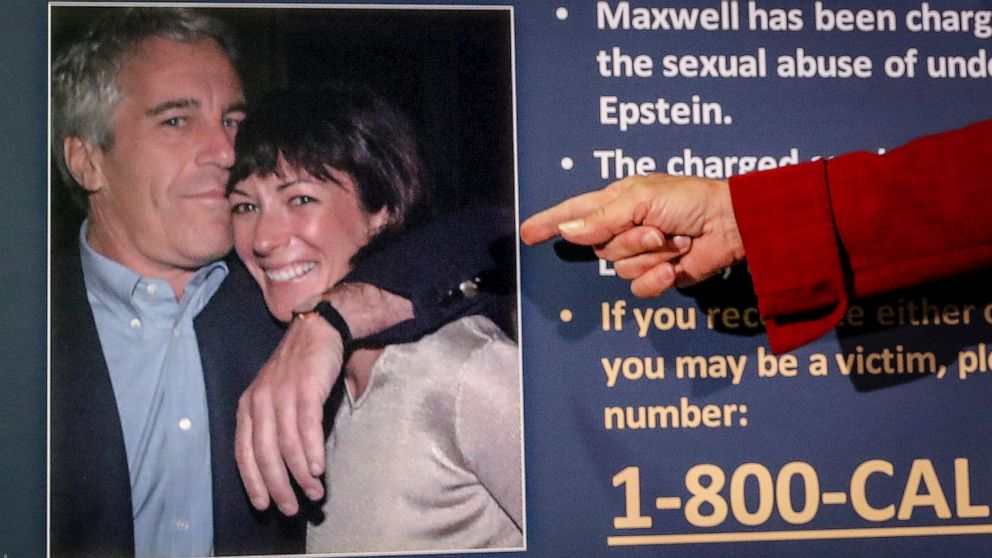In March of 2020, as frontline health care workers toiled to keep the first wave of patients infected with COVID-19 alive, sudden shortages of hand sanitizer, gloves, gowns and face masks, in particular, hampered their efforts — and placed their own health in jeopardy.
It has been one year this week since nonessential U.S. businesses ceased normal operations, pausing manufacturing, shutting down storefronts and sending employees home from offices in an effort to curb the spread of COVID-19.
One year has elapsed, too, since American corporations, from Burlington, Vermont-based snowboard maker Burton Snowboards to whiskey distillery Ranger Creek Brewing and Distilling in San Antonio, Texas — and many other businesses in between — leveraged their manufacturing capabilities and know-how to help meet the unprecedented demand for personal protective equipment. Here’s how they pivoted to fill the supply gap — and continue to pivot to this day.
“Robust supply chain in Asia”
“At the end of March, we were just watching the news and the lack of personal protective equipment all over the place was disturbing,” Rob Sprague, head of design innovation at Burton Snowboards, recently told CBS MoneyWatch. “We have a very robust supply chain in Asia, so we thought we could probably tap into them to see what they could do to find face masks.”
With no experience in the health field, a privately owned company that makes snowboard equipment, apparel and related accessories quickly hatched a three-pronged effort to protect frontline workers.
First, Burton contracted with a Chinese mask factory to manufacture and distribute 500,000 KN95 masks to health care facilities across the Northeast. Next, it retooled its 10,000 square-foot snowboard facility in Burlington, where it normally prototypes new board designs, to make face shields for hospitals.
“We ceased all snowboard-type operations and purely went into manufacturing PPE,” Sprague said.
In May and June, at the height of its ad hoc PPE operation, Burton designed, constructed and donated tens of thousands of disposable face shields and reusable brims to health care facilities, including Boston Children’s Hospital.
Burton also donated surplus goggles to medical facilities in need, but has since winded down these efforts.
“For several months we were really focused on it. We scaled back as supply chains caught up and at the end of June,” Sprague said.
“A no-brainer”
Lacrosse helmet maker Cascade, experienced in making protective gear but not of the medical variety, also felt obliged to provide protective equipment to those on the frontlines of the fight against COVID-19.
The Liverpool, New York-based business stopped manufacturing lacrosse equipment when its work was deemed nonessential. Instead of making sports head gear, the company leveraged its resources to start producing face shields, which in turn put some of Cascade’s approximately 75 employees back to work.
“We figured we could get people back to work in a safe environment and provide a much-needed service using our manufacturing facility, domestic manufacturing partners and regional supplies,” Cascade spokesperson Patrick O’Toole said. “At the end of the day, it seemed like a no-brainer — if we really have passion to protect and we’ve got this opportunity here, it’s more of an obligation than anything else.”
One year later, demand has tapered, according to O’Toole, and Cascade has returned to making its signature helmets.
“We’ve returned nearly solely back to our lacrosse manufacturing,” O’Toole said. Cascade’s Liverpool manufacturing facility still dedicates a portion of its resources to producing face shields, and its parent company, Peak Achievement Athletics, is still making shields under its Bauer Hockey label.
From construction sites to hospital rooms
Companies making safety equipment for non-health-related industries, such as construction, helped out, too, by tilting their operations just a few degrees.
Since February, the three-year-old New York-based Defender Safety, with roots in work-safety equipment, has shifted 90% of its operations to making medical-grade protective gear, according to the startup’s 25-year-old founder, Teddy Haggerty.
“We were focused on safety equipment for the industrial market, but the same type of product is used in health care when it comes to masks, gloves, coveralls and gowns; it’s just tested more toward a medical application,” Haggerty said.
Defender Safety’s foray into the health care market began with a large mask sale to Massachusetts General Hospital in Boston, Massachusetts.
“From there, we started developing a whole brand of health care masks, gowns and nitrile gloves,” Haggerty said.
Its line of personal protective equipment, which includes a procedure mask, surgical mask and medical-grade mask (pending NIOSH approval), has brought in $20 million in revenue over the course of 2020, compared to the $250,000 Defender Safety made in sales one year earlier, Haggerty added.
Family endeavor
When brothers-in-law Brian Wolin, a chiropractor, and Evan Schulman, the owner of a commercial display company, both saw their businesses shrink dramatically at the start of the pandemic, they pooled their collective skillsets and started producing medical-grade masks that have since earned FDA-approval.
“Frontline workers were saying they needed N95s; they were using them for weeks on end and couldn’t find them. We felt that was the most important thing we could do and make,” Wolin said.
The pair reconfigured Schulman’s 100,000 square-foot facility and by early September, after receiving NIOSH approval, began selling and donating masks under the Protective Health Gear (PHG) label.
Soon, PHG will have the capacity to make about 4 million masks per month.
The company is still investing most of its proceeds in the business by purchasing more machinery and raw materials, and is only now slowly beginning to turn a profit. PHG is prioritizing requests from health care workers, but is also eager to sell to the general public.
“We believe everyone should be wearing a better-grade mask. Why not prevent yourself from getting sick and bringing it home to your spouse, parents or grandparents, so they don’t get sick, go to hospital and overwhelm the system?” Wolin said.
Royal attention
In March, New York City-based clothing designer Maya Gorgoni, co-founder of Royal Jelly Harlem, started making 3-ply fabric masks with sewn-in filters at the insistence of a friend.
“I did make a pretty fabulous mask that people acknowledged and responded to, including a couple celebrities and the biggest of them all, Meghan Markle,” Gorgoni said.
Indeed the “Meghan effect” prompted Gorgoni to ramp up production of a blue seersucker mask whose color pattern she dubbed “Duchess Blue,” after the former Duchess of Sussex appeared sporting Gorgoni’s design in a publicized moment.
Gorgoni hired six staffers to help keep up with production. Her designs are still in high demand, and the U.S. Centers for Disease Control and Prevention’s recent recommendation that people wear two masks, or a single high-filtration mask, has kept a steady stream of orders for Royal Jelly Harlem’s face covers.
Gorgoni also uses fabric scraps for fashion masks that match outfits she sells for both men and women. All new orders of pants, dresses and shirts come with a matching face mask.
Gorgoni’s ready, in case there is another spike in COVID-19 cases, or if another celebrity steps out in Royal Jelly Harlem.
“I’m always anticipating another big moment,” she said.
From auto production to virus reduction
Automaker Ford also went from zero to 60 when the dearth of personal protective equipment became well known nationwide. It launched a mission under the codename “Project Apollo” to enlist its engineers and United Auto Worker members to make respirators, ventilators face shields and medical gowns to keep COVID-19 patients — and its own employees — safe.
Ford is on track to manufacture 120 million masks for donation by mid 2021, a company spokesperson told CBS MoneyWatch. Ford’s scrappy effort has also produced 20 million face shields, 50,000 patient ventilators, more than 32,000 powered air-purifying respirators in collaboration with 3M, and nearly 1.5 million washable medical gowns.
Ford is also making respirators with clear panels that reveal wearers’ facial expressions, allowing hearing-impaired people to read lips during masked gatherings.
“In those early days, everyone was learning what it was like to live in a masked environment,” Jim Baumbick, the leader of Ford’s PPE manufacturing effort, told CBS MoneyWatch last month.
“We quickly identified that while it’s difficult for everybody to wear a mask all day long, for folks suffering from hearing impairment, it’s an even bigger challenge,” Baumbick said. “That inspired us to think about how we could help serve those people because effectively [with a mask] you’re taking away another sense from them that they rely on for communication and connection.”
A shot of ingenuity
In the early days of the pandemic, before face masks were recommended, hand-washing and hand-sanitizing were ubiquitous, resulting in shortages of Purell and other commercial hand sanitizers.
Local distilleries mobilized their staffs and resources and worked quickly to help out their communities.
Dennis Rylander, co-founder Ranger Creek Brewing and Distilling in San Antonio, Texas, from March through June “completely shifted production to just making hand sanitizer,” he said.
The distillery donated close to 90% of the product to local hospitals and other facilities in need. “Over the course of program, we had over 1,600 different companies reach out to us. They went on our website and submitted a request and we prioritized first responders and nursing homes,” Rylander said.
He fazed out the program once larger producers were able to catch up. Now, he’s back to making whiskey and is optimistic about the distillery’s business prospects.
“If we can survive a year like last year, I think we can survive anything,” Rylander said.


